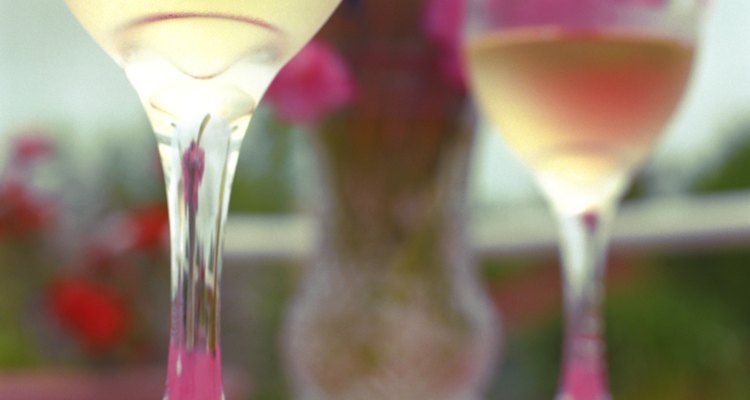
Creatas Images/Creatas/Getty Images
Traditional white wines range in color from pale yellow to rich gold. Unopened bottles of white wine that appear dark or brown in color usually signify a wine fault that tends to worsen as time progresses. Appearance aside, once you remove the cork from the bottle, color may not be the only thing that catches your attention. If white wine is so brown that you have to do a double-take, your sense of taste and smell may also be affected.
Air in the Bottle
When oxygen enters a bottle of wine, it quickly begins to convert ethyl alcohol to acetaldehyde -- a compound associated with deterioration. As the deterioration continues, the wine begins to change color and develop an anesthetic taste and "off" odor. Oxidation tends to turn white wines into an orange-brown color. Although oxidation commonly occurs in an opened bottle, it can also happen inside a bottle that is still corked.
The Shrinking Cork
The cork may be to blame for white wine that has turned brown. Cork shrinkage in an unopened bottle of wine is usually the result of dryness. The wine inside of the bottle should always meet the cork, keeping it moist and pliable. A cork that is continuously dry may shrink or crumble, breaking the seal and contaminating the contents. Even the smallest break in the seal allows oxygen to enter the bottle, resulting in quick deterioration.
On the Side
Sparkling wines have plenty of carbon dioxide in the bottle, which forms a barrier between any air that enters the bottle and the wine itself -- drastically slowing oxidation. For this reason, sparkling wines can be stored in an upward position. Ordinary, white wines do not have this protection and fare better when stored on their sides, with the label facing upward. The optimum temperature for storing white wine is between 40 and 65 degrees Fahrenheit.
Turn For the Worse
White wine that turns brown isn't necessarily bad. However, when the brown color is accompanied by other indicators of deterioration, it is best not to drink the wine. For example, if you open the bottle of brown wine and smell fresh fruit, you may still be in luck; however, spoiled wine smells like vinegar. In addition, if white wine tastes so bitter that you pucker up when it hits your lips, it should be discarded.
Related Articles

Should I Store Red Wine Horizontally or ...

Can Shaking Wine Ruin It?

How Long Does Liquor Keep in Storage?

Why Does Wine Not Expire?

Does a Chilled Champagne Bottle Need to ...

How Long Can a Bottle of Vodka Last ...

Types of Bacteria in Wine

Does Brandy Ever Go Bad?
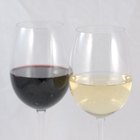
How to Make Homemade Wine Taste Better
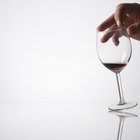
How to Pasteurize Homemade Wine
How Long Can You Keep an Open Bottle of ...
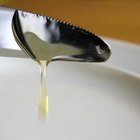
Does Corn Syrup go Bad?

Qualities of a Good Wine
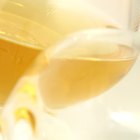
How to Store Cognac
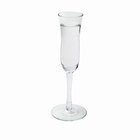
Will Vodka Go Bad if It Is Left in the ...

How to Determine if Wine is Sweet or Dry
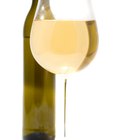
How to Remove Mold From Wine

Does Unopened Sake Go Bad?

How Long Should a Wine Collector Keep a ...
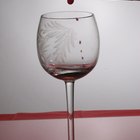
Types of Amber Wine
References
Writer Bio
Jonae Fredericks started writing in 2007. She also has a background as a licensed cosmetologist and certified skin-care specialist. Jonae Fredericks is a certified paraeducator, presently working in the public education system.
Photo Credits
Creatas Images/Creatas/Getty Images